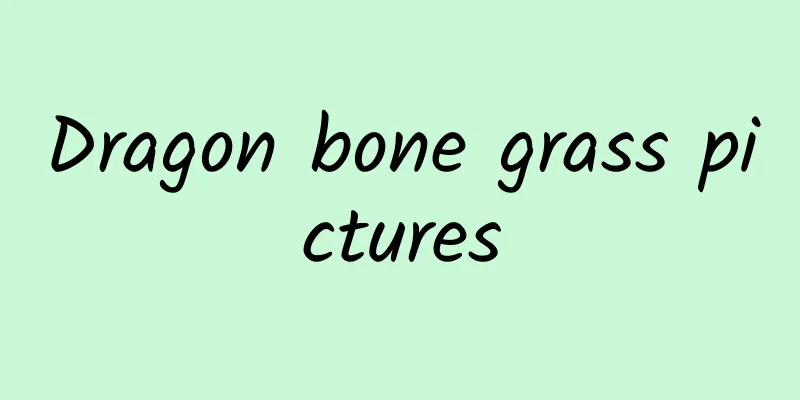What are the effects of traditional Chinese medicine cloves

|
Many people know about lilac flowers, but they don’t know about the medicinal herb clove. In addition to lilac flowers, there is also a medicinal herb called clove in traditional Chinese medicine, and its medicinal value is very high. Generally speaking, the clinical application of traditional Chinese medicine clove is very extensive, and it has many benefits to human health. Patients with stomach problems can also eat cloves, which have certain health-preserving effects. In addition to this, what other effects and functions of traditional Chinese medicine clove? 1. Anti-gastric ulcer Clove can inhibit the formation of experimental gastric ulcers in rats. Clove volatile oil and eugenol can significantly increase gastric mucus secretion without increasing acidity. Moreover, such nutrients have certain benefits in anti-ulcer, so they are very effective in protecting the gastrointestinal tract. 2. Anti-diarrhea Clove water extract and eugenol can antagonize the large intestine diarrhea and intestinal effusion caused by senna or castor oil. Therefore, the Chinese medicinal herb clove has the effect of preventing diarrhea and is beneficial in relieving gastrointestinal discomfort. 3. Antibacterial test This product has inhibitory effects on both Staphylococcus aureus and Mycobacterium tuberculosis. Clove oil and eugenol have strong inhibitory effects on Brucella and avian tuberculosis in test tubes, and have significant inhibitory effects on common pathogenic skin fungi. Clove oil and eugenol are non-irritating to the skin and are well absorbed. 4. Clinical Application Add 70% alcohol to 100 ml of 16 grams of cloves and soak for 48 hours before removing the residue. Apply the medicine to the affected area three times a day and observe 31 patients with tinea corporis and tinea pedis with a history of more than 2 years. Generally, the symptoms disappear after 1 day of treatment, and dandruff begins to fall off after 2 days. For patients with a long history of illness or who have been treated with other tinea medicines but have not been able to control the disease, the symptoms will begin to subside 2 to 3 days after treatment, and can usually be cured after 3 to 5 days. However, about 20% of cases still have recurring attacks after being cured. |
<<: What are the benefits of soaking dried okra in water
>>: What are the effects of blood dragon wood
Recommend
"I am your wall breaker!" Air & Water: ...
Did you know that there is a "wall" bet...
The efficacy and function of sword-leaved ear grass
Regarding sword-leaved ear grass, I think some pe...
Catch single atoms in a "trap" to measure the age of ice cores
The scientific expedition team drilled ice cores ...
The efficacy and function of pumpkin seeds
Diseases require improvement through medicine. Di...
The efficacy and function of Castanea nut shell
As a traditional Chinese medicine, chestnut shell...
The air ticket cost 300 yuan, and the fuel cost 110 yuan! What kind of fuel did the plane I took use?
With the rapid development of transportation such...
If your breasts sweat during exercise, maybe you are wearing the wrong sports bra? The answer is not what you think...
Compiled by: Gong Zixin A few days ago A friend t...
Who is not suitable to eat Cassia seeds?
Cassia seed is a common Chinese medicine in daily...
Still eating and drinking as you please? Be careful to "pick" out colon cancer...Have you fallen into these eating habits?
Our physical health is closely related to our eat...
The efficacy and function of stone gentian
There are many kinds of common Chinese medicinal ...
Some scientists not only don't take a holiday, but are also ready to tell you about a discovery that took them ten years to develop.
Author: Liu Yun, Wang Bo, Shi Gongle (Nanjing Ins...
The efficacy and function of four square grass
In modern life, everyone is very familiar with va...
The universe is huge. Are there creatures that are hundreds of millions times larger than humans?
Living things are the most wonderful and interest...
Why is it so difficult to achieve "Internet freedom" at an altitude of 10,000 meters?
At a time when the Internet is highly popular, ma...
The efficacy and function of Clematis
Nowadays, our living standards are constantly imp...









